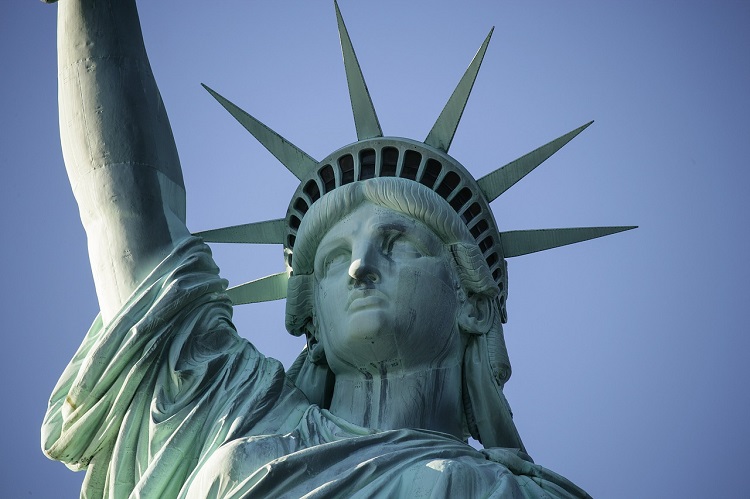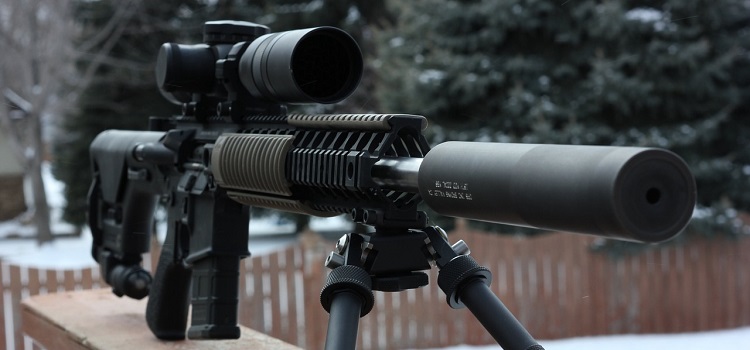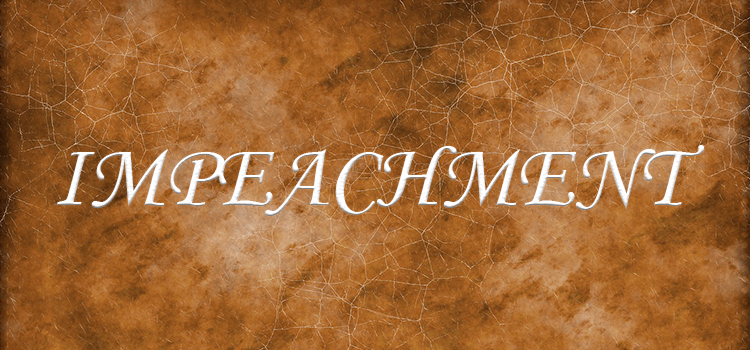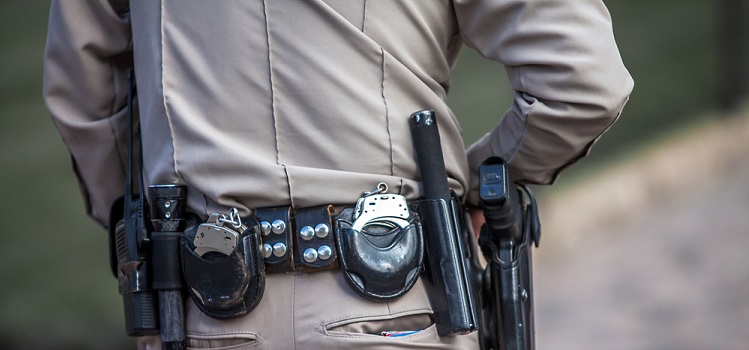Menu
Hot-Topics
February 19, 2026 | SCOTUS Reaffirms Fourth Amendment Standard for Police Responding to Household Emergencies
Category: Homepage post

Clean Water Act Case Tops Busy Week for Supreme Court
The U.S. Supreme Court heard oral arguments in six cases this week. One of the most closely-watched cases, County of Maui, Hawaii v. Hawaii Wildlife Fund, involves the reach of the Clean Water Act (CWA). The specific issue is whether the CWA r...

4th Amendment Rights of Nonresident Aliens Under United States v. Verdugo-Urquidez
In United States v. Verdugo-Urquidez, 494 U.S. 259 (1990), the U.S. Supreme Court held that the Fourth Amendment does not apply to the search and seizure by United States agents of property that is owned by a nonresident alien and located in a forei...

SCOTUS Hears Arguments in DC Sniper Case
The U.S. Supreme Court recently heard oral arguments Mathena v. Malvo, which involves whether one of the so-called D.C. snipers, Lee Malvo, should be sentenced to life-without -parole. Malvo argues that the sentence is unconstitutional because he wa...

Impeachment Proceedings Against U.S. Presidents
No U.S. President has ever been removed from office via impeachment proceedings. However, three have come very close. Presidents Andrew Johnson and Bill Clinton were both impeached by the U.S. House of Representatives. Meanwhile, Pr...

SCOTUS to Decide whether the Consumer Financial Protection Bureau Violates Separation of Powers
The U.S. Supreme Court has agreed to consider Seila Law LLC v. Consumer Financial Protection Bureau, which involves the constitutionality of the Consumer Financial Protection Bureau’s structure. The specific question before the justices is whether...

The Constitutional Underpinnings of Impeachment
When drafting the U.S. Constitution, the framers debated whether to allow for impeachment of the President. After determining it was essential to prevent abuse of power, the framers went on to consider the process for impeachment, as well at what ty...

Supreme Court Preview: Will Justices Issue Landmark Abortion Decision?
The U.S. Supreme Court is poised to consider its first abortion rights case in several years. The case, June Medical Services LLC v. Gee, is also the Court’s first abortion case since the retirement of Justice Anthony Kennedy, who often joined the...

The Who’s Who of Impeachment
By design, impeachment is a long and formal process involving a number of key players. The most important are set forth in the U.S. Constitution, including that the House of Representatives has the power to impeach, while the Senate has power to try...

SCOTUS Kicks Off October 2019 Term with LGBTQ Cases
The U.S. Supreme Court is back in action, kicking off its October 2019 term with oral arguments in five cases this week. The Court wasted no time in tackling the tough issues. Two of the cases before the Court involve whether federal anti-discrimina...

Supreme Court Preview: Kansas v. Glover
When the justices return to the bench for the October 2019, a significant criminal law docket awaits them. One of the most closely-watched cases is Kansas v. Glover, which could dramatically alter drivers’ constitutional rights. The question befor...
Previous Articles
SCOTUS Decision in Bowe v. United States Is First of the 2026 Term
by DONALD SCARINCI on February 5, 2026
In Bowe v. United States, 607 U.S. ___ (2026), the U.S. Supreme Court held that Title 28 U.S.C. § ...
SCOTUS Rules State Can’t Immunize Parties from Federal Civil Liability
by DONALD SCARINCI on January 29, 2026
In John Doe v. Dynamic Physical Therapy, LLC, 607 U.S. ____ (2025) the U.S. Supreme Court held that...
Supreme Court to Address Racial Discrimination in Jury Selection
by DONALD SCARINCI onWhile the U.S. Supreme Court has concluded oral arguments for the year, it continues to add cases t...
The Amendments
-
Amendment1
- Establishment ClauseFree Exercise Clause
- Freedom of Speech
- Freedoms of Press
- Freedom of Assembly, and Petitition
-
Amendment2
- The Right to Bear Arms
-
Amendment4
- Unreasonable Searches and Seizures
-
Amendment5
- Due Process
- Eminent Domain
- Rights of Criminal Defendants
Preamble to the Bill of Rights
Congress of the United States begun and held at the City of New-York, on Wednesday the fourth of March, one thousand seven hundred and eighty nine.
THE Conventions of a number of the States, having at the time of their adopting the Constitution, expressed a desire, in order to prevent misconstruction or abuse of its powers, that further declaratory and restrictive clauses should be added: And as extending the ground of public confidence in the Government, will best ensure the beneficent ends of its institution.
Awards





